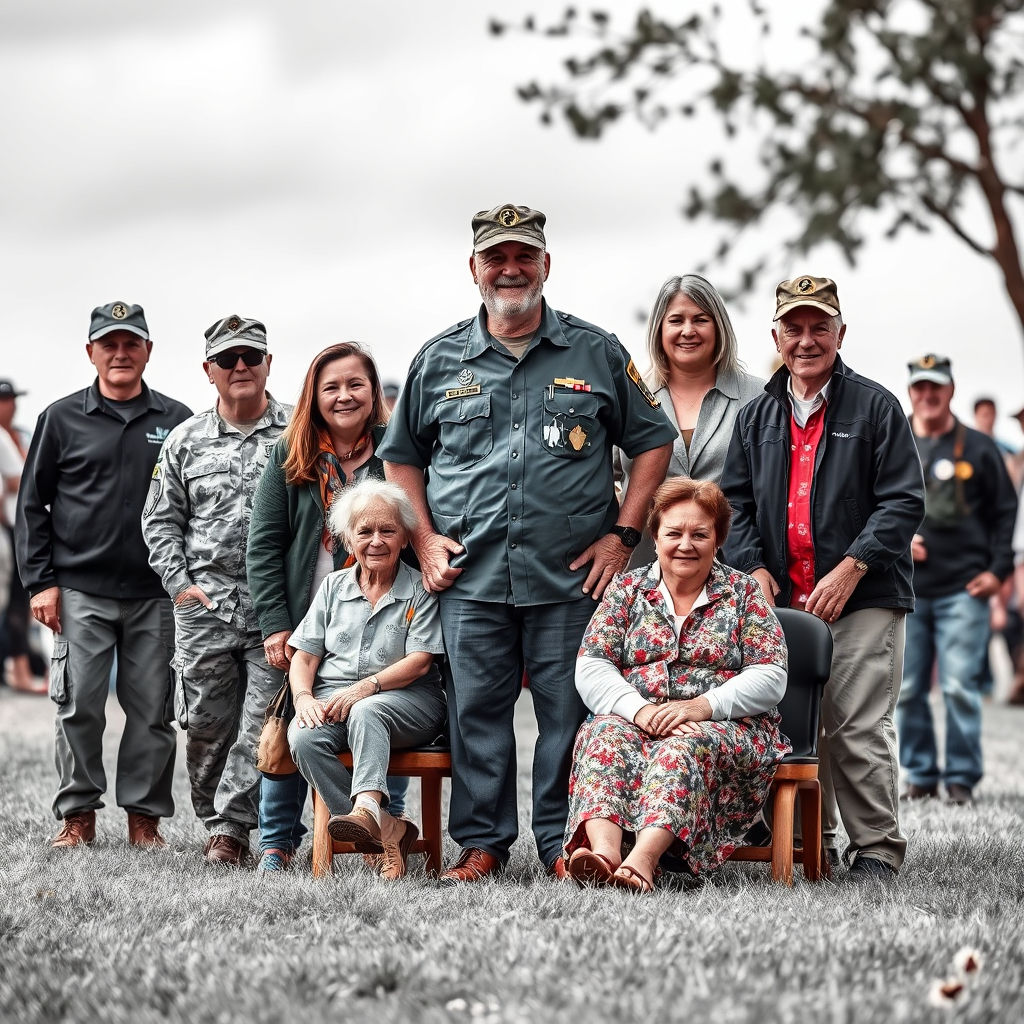
What Veterans Face—and Why the Dwyer Coalition Shows Up
Veterans and their families face real challenges—some visible, many invisible. At the Dwyer Coalition, we’re committed to amplifying these issues, not ignoring them. This page highlights the barriers, stigma, and systemic gaps that impact Veteran well-being every day—and the actions we’re taking to create change.
Suicide & Crisis
Veterans die by suicide at a higher rate than civilians. Behind every number is a name, a story, a missed opportunity for connection. We believe suicide prevention starts with early engagement, peer support, and honest conversations—not just crisis lines. That’s why we advocate for peer-led prevention and postvention strategies across New York and beyond.

Access Shouldn't Depend on Zip Code
Many Veterans in rural counties face long drives, confusing systems, or simply no support at all. We’re working to bridge those gaps by strengthening statewide coordination and helping local Dwyer programs share tools, events, and resources.
-
Digital access tools
-
Peer program outreach
-
Monthly county coordination calls

Who Counts as a Veteran?
Too many policies exclude Guard, Reserve, or discharged individuals who didn’t meet strict federal service definitions. We advocate for a broader, more inclusive definition of service—because trauma and sacrifice don’t follow federal paperwork.

Family & Caregiver Isolation
Families serve too. But military spouses, caregivers, and children are often excluded from conversations about Veteran care. We’re advocating for better visibility, more resources, and a cultural shift that values the role families play in healing, reintegration, and daily survival.

Breaking the Silence
Too many Veterans—especially men, people of color, and older generations—feel shame asking for help. We fight stigma through storytelling, peer mentorship, and visibility. Veterans need to see people like them leading the way toward wellness.

Supporting Those Who Support Others
The heart of the Dwyer model is peer support—but too often, those peers are under-resourced, overworked, and underpaid. We advocate for statewide recognition, enrichment funding, and long-term peer leadership pathways.

